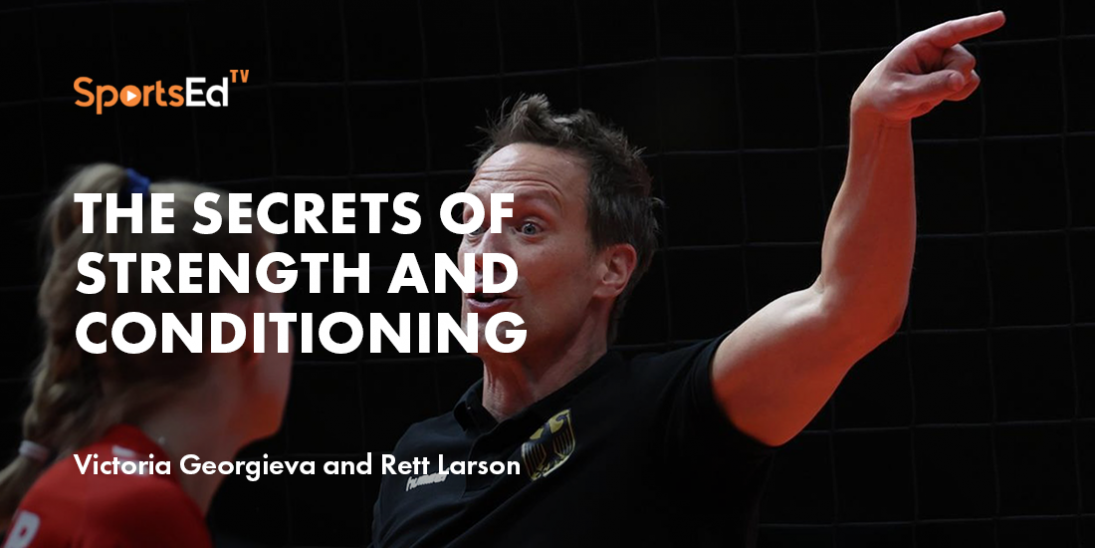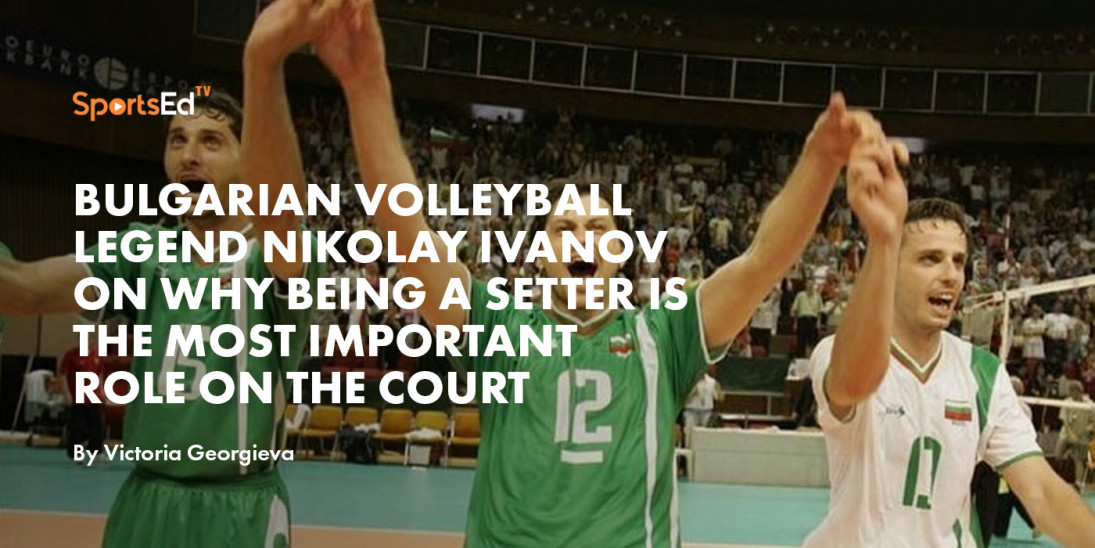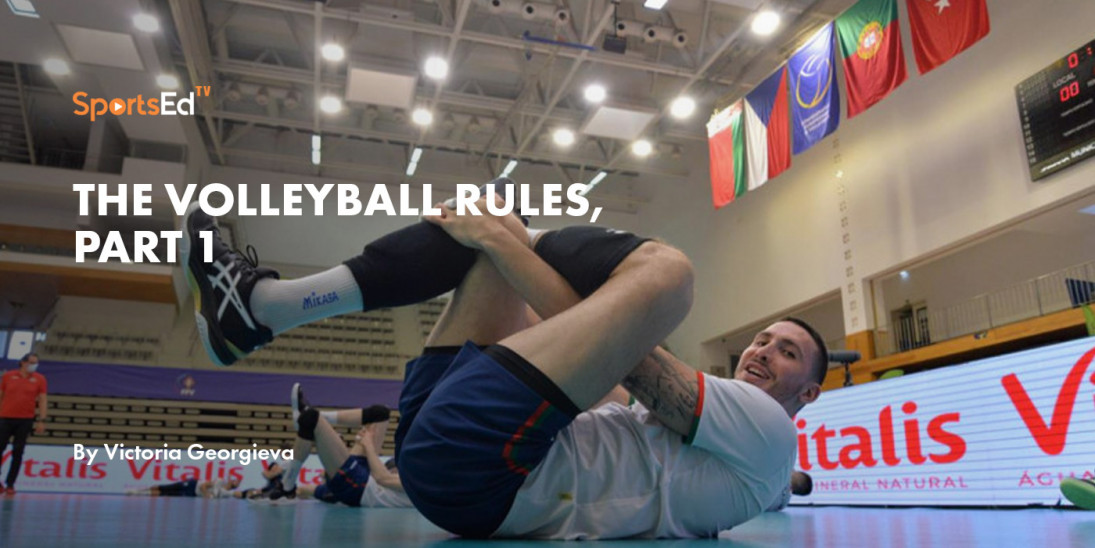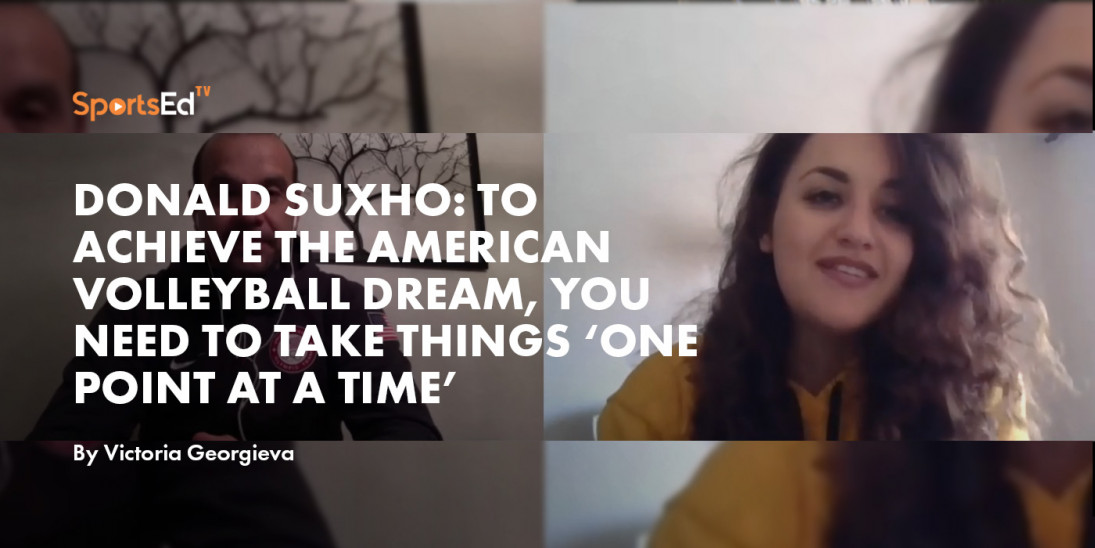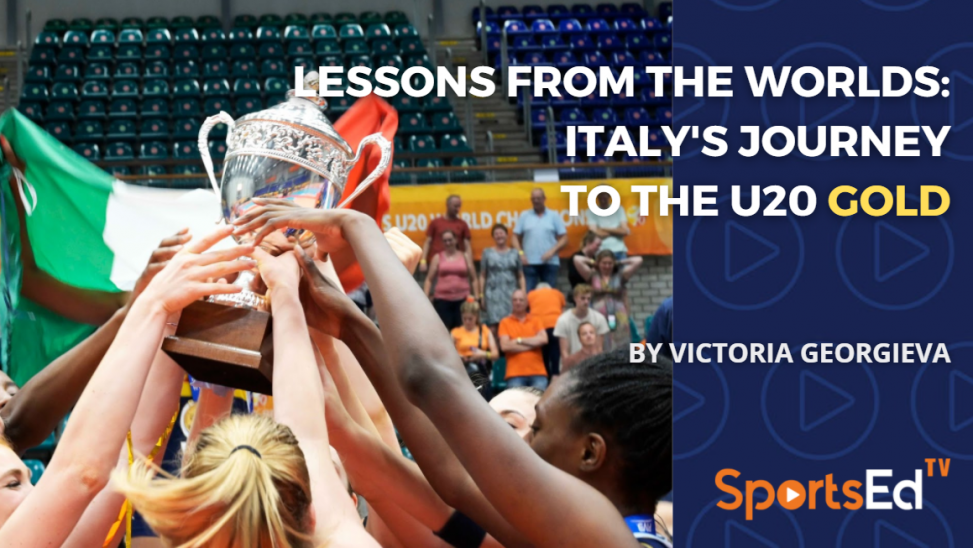Volleyball
Welcome and thanks for visiting...

Learning How Volleyball Teaches Us to Fight Injustice
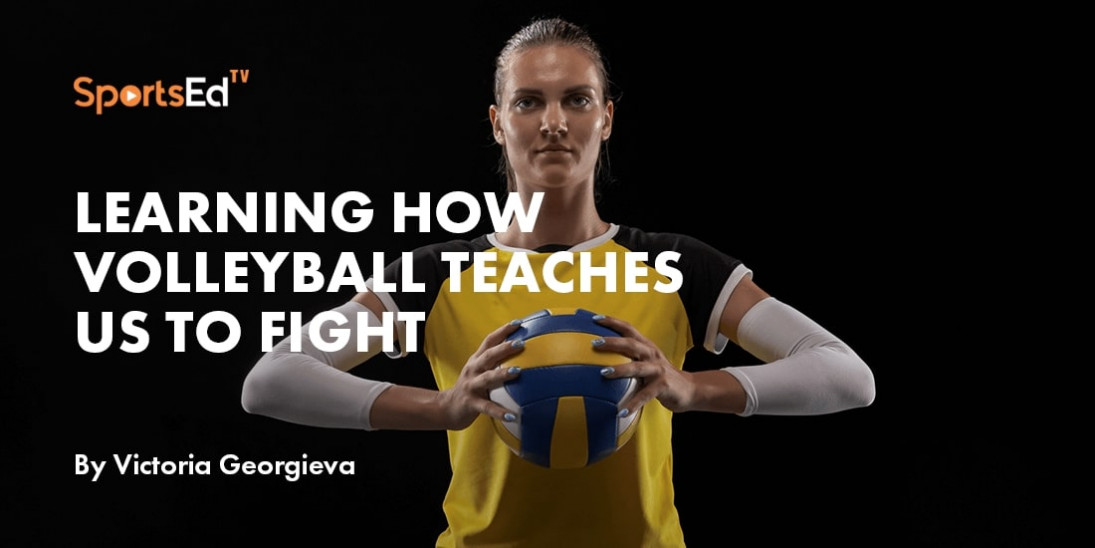
I usually have problems stopping writing - writing is my way of expressing myself and putting into order my messy thoughts. But the truth is, that today, sitting in front of my laptop, I have difficulties to start doing it. To start writing. And to be fair, it’s been the case for some time now.
Sometimes, I am speechless. Sometimes, I am speechless because of a good story, because of a nice moment, because of a nice win, or just after a reminder that life, after all, can be beautiful as well.
But, sometimes, I am speechless because I realize that our society still has a long way to go. I do become quiet and sad when I see that even in our sport, sometimes, we are not that prepared to face differences. In light of November 25, the International Day for the elimination of violence against women, I was reflecting on cases when female volleyball players were an object of discussion and, in a manner, have suffered violence.
Before sharing my thoughts, we shall all remind ourselves that violence is not only hitting or killing, but it has other aspects as well - gaslighting, guilt trip, manipulation, etc.
The Afghani player
It all began with the news of the death of an Afghani player, Mahjubin Hakimi. When the news was out, it was stated the main reason for Hakimi’s death was her practicing the sport we all love. Volleyball.
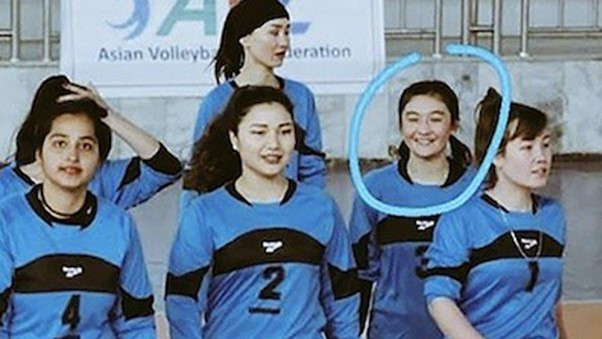
Of course, we do not have a magic ball to look into the past, or into the future and to know what was true or not. But the fact is that there is a young dead woman. A woman who used to play volleyball.
When death happens, all we can do is stop, and ask ourselves questions.
And this case, in particular, raises two topics. About girls' safety and mental health. While in the well-developed countries, the "western" ones, these topics have been on the agenda for years now, this is not the case for everybody. And all we can do is raise our voice.
Luckily, there are volleyball players and communities that are already doing that. By sharing their stories.
The Italian superstar Paola Egonu
At the center of media attention even outside the world of volleyball, Paola Egonu has recently become a protagonist of an interview conducted by Freeda, an online editorial project dedicated to the world of women. You might be surprised (or not?) that one of the biggest volleyball stars nowadays, Paola has had difficult moments because of the way she is.
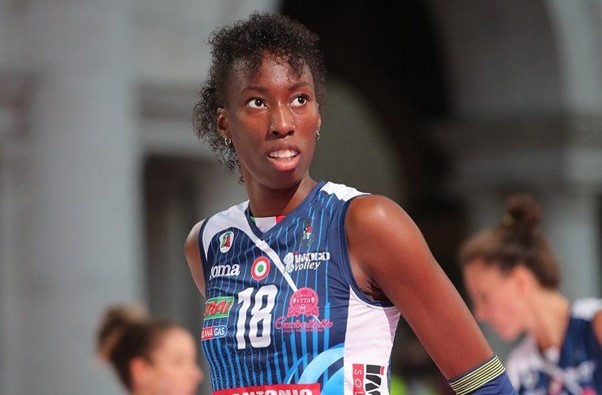
During the interview, Paola shared her thoughts on sport and delved into more personal topics. “The thing I like most about volleyball - explains Paola - is the complicity that is created between teammates. I found many friends in volleyball, I bond with people very easily, even if it is difficult for me to open up “.
"It seems strange - the opposite of the Italian national team continues- but when I was little I suffered a lot from my diversity, the color of my skin, my height: I often feel a little uncomfortable, but with my teammates, it's more simple because they too, more or less, have lived through the same experiences. Furthermore, I always show myself very strong, and I don't like showing my weaknesses: I have to be sure I can trust before showing the complete Paola“.
Laura Lugli and the right to have a child
Laura Lugli won. But who is Laura?
An Italian volleyball player, she discovered that she was pregnant in March 2019. When she reported the news to her club, Pordenone (competing in the second division of Italy), she was automatically fired. A month after the termination of the contract, she suffered a miscarriage, which she also reported to the team. Later, she contacted them again to request payment for February, the last that she had worked in full before the termination of the contract. And, at that time, the sports society not only denied her compensation but also sued her for damages, accusing her of "having violated good contractual faith" by "hiding her possible desire to get pregnant", since on that occasion the former player "was already 38 years old." The Pordenone also blamed her because after her departure "she collapsed in the championship" and lost sponsors.
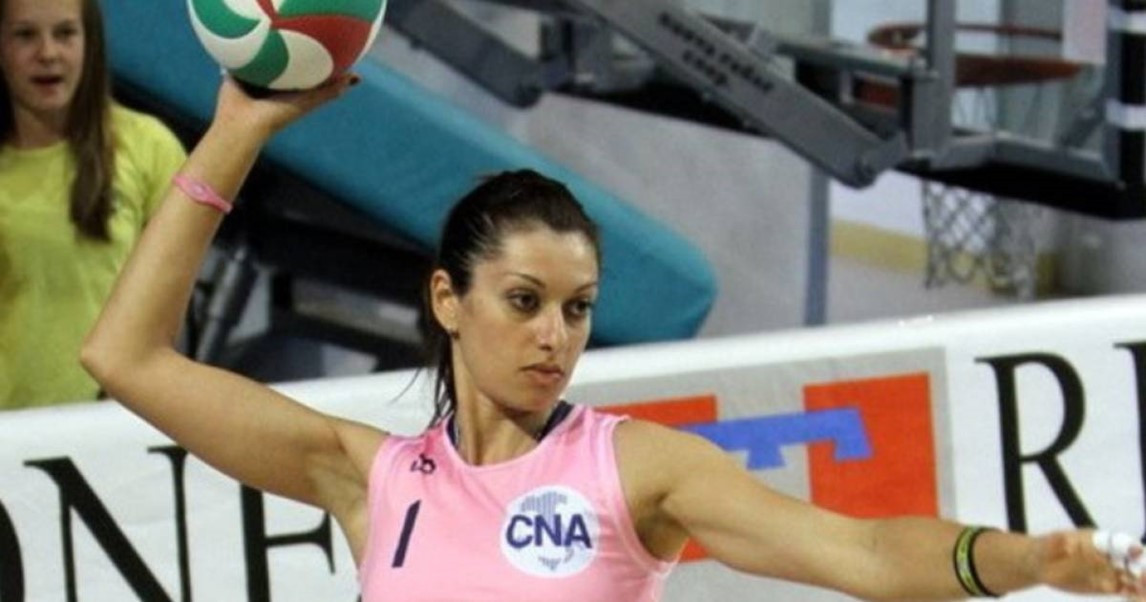
During her 25-year volleyball career, Lugli, like most female athletes in Italy, signed agreements with a clause that allowed the club to fire her if she became pregnant. Now, however, the case has been solved: her former club, Volley Pordenone, "withdrew the summons and complied with all obligations towards Lara Lugli".
Lara set an example for all of us, defending her rights and those of female athletes who were often forced to suffer in silence.
What can we learn?
We have already dedicated an article on mental education in volleyball here, and now is the time to focus on the importance of raising our voice as a community.
When training volleyball and growing as female athletes, we must remind our kids that practicing a sport should be, first of all, a basic right. It should help create a safe space where one can feel good. I strongly believe that this is the basis of it all. Only by completing this first requirement, can one afterward think about taking the sport to a more competitive level, developing a technical set of skills, etc.
The three cases that we have explored are different one from another but have also something in common. They show female athletes that have struggled but didn't give up on volleyball. In one of the cases, unfortunately, we have a tragic unfolding of the situation. In the other two, we can see that
So what kind of reminders can we get out of these stories?
- Life won’t be always fair. But it is on us to speak up. To realize. To fight for it. It is not fair for anybody to lose their life just because they play a sport. But if it happens, we need to use our voices and give our little contribution in an attempt to try making the world just a little bit better place. This is valid, of course, not only when a female player loses her life in such circumstances, but in any case when a human being loses their life due to violence.
Or speak up and you can seize a small victory. As Laura did.
- Even if you speak up, sometimes the outcome is not good. Again, life is unfair, but it doesn’t mean we should give up. It is easier not to bring the case where somewhere in the world, away from us and our probably cozy sofas, a young girl has lost her life.
- Volleyball is much more than just touching the ball three times. It can unite us. Especially in the times of social media where instead of only posting selfies (I do it myself, so not gonna judge hard on that), we can use these platforms to speak about the real problems. The post of the Italian Volleyball Federation in honor of the Afghani player became viral just in hours. And it didn’t take a great effort for each one of the users (they had to just share the post) to raise their voice, I do believe that it had called the attention. And somehow, in the tragedy, the volleyball community felt more united.
The interview of Paula Egonu showed that even the stars, the biggest ones, have had their fights off and on the court. And in this case, especially, volleyball has become the key to a better life for Paula.
How can we use volleyball to speak our truths?
As mentioned, volleyball is much more than just the game of "don't let the ball fall". Of course, it is that as well - it is a fun and challenging activity that help us grow as both people and athletes.
But on top of it, volleyball is also a way to stay united in the face of injustice in whatever form it might come ( violation of human rights, discrimination, racism, etc.). While practicing volleyball, we are always being taught that volleyball is a team sport that helps us develop qualities that could serve us throughout our lives - persistence, determination, motivation, mental toughness, and resilience.
Besides that, and maybe in an ideal world only, volleyball - during training and matches, can educate our kids and ourselves as grown-ups, to respect the differences between people and to speak up when we see injustice - on the court, off the court, in real life.
Volleyball can be a real-life school, and coaches and teachers should be careful how they use this "weapon" that has been given to them. Are you going to use this power to create and prepare better individuals for society? Are you going to help them start seeing life as it is using volleyball examples? Or are you going to only teach them how to pass the ball?
I am aware of the fact that as coaches and physical educators, the job you “subscribe” for is mostly focused on the sport itself. But I am also aware that the great coaches that we have been interviewing in SporstEdTV - all of them, share that they have a role as a “psychologist” of the team. No one expects you to go take a diploma for it, but I feel that cases, such as the one of the Afghani player, could serve as an alarm to teach the kids valuable life lessons. And this should be something that we don’t do only when tragedy happens, but also when life seems to be quite on the surface.
We can teach our volleyball kids,
- To start working on their empathic skills. This is something that they will need on the court (we all know that, for example, the setter needs “to feel” the other players to better organize the game), but in life as well - to feel empathic towards the pain another human being might be feeling.
- To remind them (but not by installing fear or guilt) that just by having the opportunity to play freely a sport, they have a chance that another kid somewhere across the world doesn’t. And maybe this could help the young athlete to become grateful and appreciate things by not taking them for granted.
- And most importantly - being part of the volleyball community, coaches could teach the kids that, united, they have the power of small steps - these steps of defending each other in the face of injustice, of giving a helping hand on the court, of helping a new teammate adapt quicker.
Maybe it’s high time we all realized, on all levels (not only big media or big teams) that we can use sports to send powerful messages, and who knows, maybe save a life someday, somehow. And saving a life sometimes means giving a helping hand to the ones that are struggling mentally as well.

